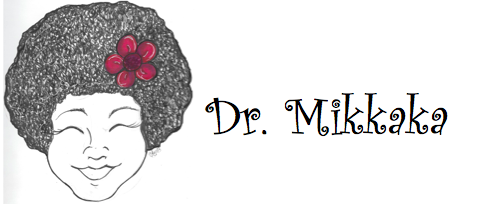What CAN you do?
Recently, I had the privilege of hearing two dear colleagues, Drs. Caitlin Law Ryan and Jill Hermann-Wilmarth, speak about their groundbreaking new book, Reading the Rainbow: LGBTQ-Inclusive Literacy Instruction in the Elementary Classroom. They talked about how often in their work around LGBTQ inclusiveness, they heard statements from teachers such as “I can’t read that kind of book”, “I can’t bring up that topic because of parents” or simply “I can’t do this at my school”. When faced with such resistance, they simply asked “well, what CAN you do?”
I was awestruck. Caitlin and Jill simply refused to accept that there was NOTHING that teachers could do to make classrooms more equitable spaces. They proceeded to detail small steps teachers could take toward the ultimate goal of creating educational spaces that holistically meet the needs of all learners. (No spoilers! You have to read the book!)
Similarly, in his book, For White Folks Who Teach in the Hood…and the Rest of Y’all Too, Dr. Christopher Emdin details an interaction between a teacher and a group of students in which the students pushed the teacher in the same way that Drs. Ryan and Hermann-Wilmarth challenged the teachers in their book. In the instance Dr. Emdin described, the teacher was lamenting the pressures and restraints that he felt limited him from doing his best teaching. One student interrupted him, saying “You’re spending so much time complaining about what you can’t do when we can just talk about what we can do. You know how many issues I have in my life? You don’t see me complaining all day” (Emdin, 2016, p. 88).
This wisdom of this simple but profound idea could be applied more broadly to issues of equity and access in education. The large persistent hairy problems in our field can seem overwhelming—we’ve been battling systemic racism, sexism, and overall educational injustice for so long now that it’s easy to become resigned to the status quo. How can we continue to seek change in the face of such seemingly insurmountable challenges?
Well, how do you eat an elephant? One bite at a time, of course.
What small steps can you take today? Can you add a multicultural book to your read aloud selections (and do some background preparation to be sure you can confidently and correctly address any conversation that arises)? Can you look across your curriculum and see what voices and perspectives are missing and think of ways to elevate one of those missing voices? Can you pose some critical questions as you read familiar texts (e.g. analyzing the gender norms, religious assumptions, and other expectations that are present in almost any children’s book)?
What CAN you do? I bet it’s more than you think.
(I’ve listed a few of my favorite resources below. I’d love to hear your ideas in the comments!)
